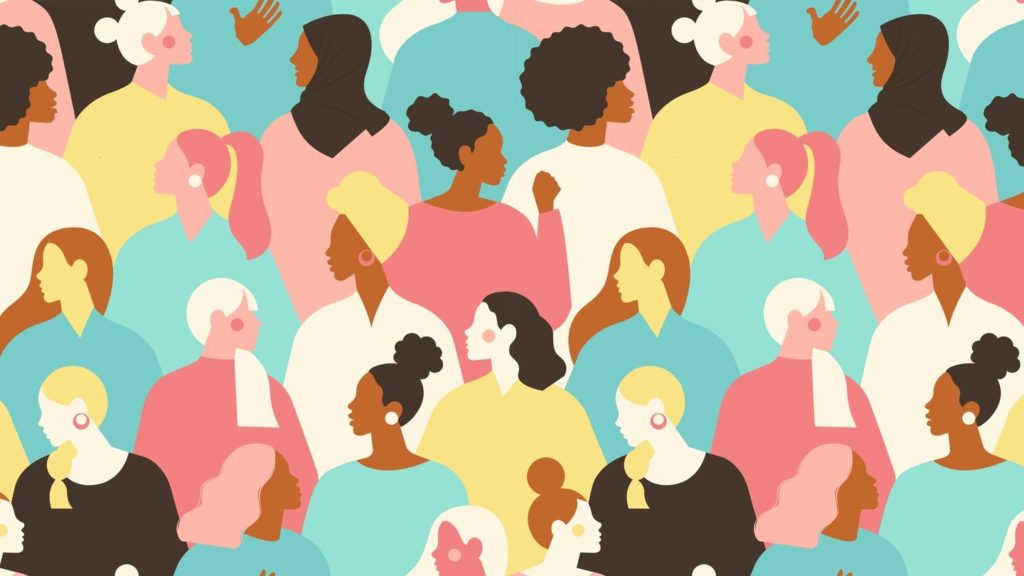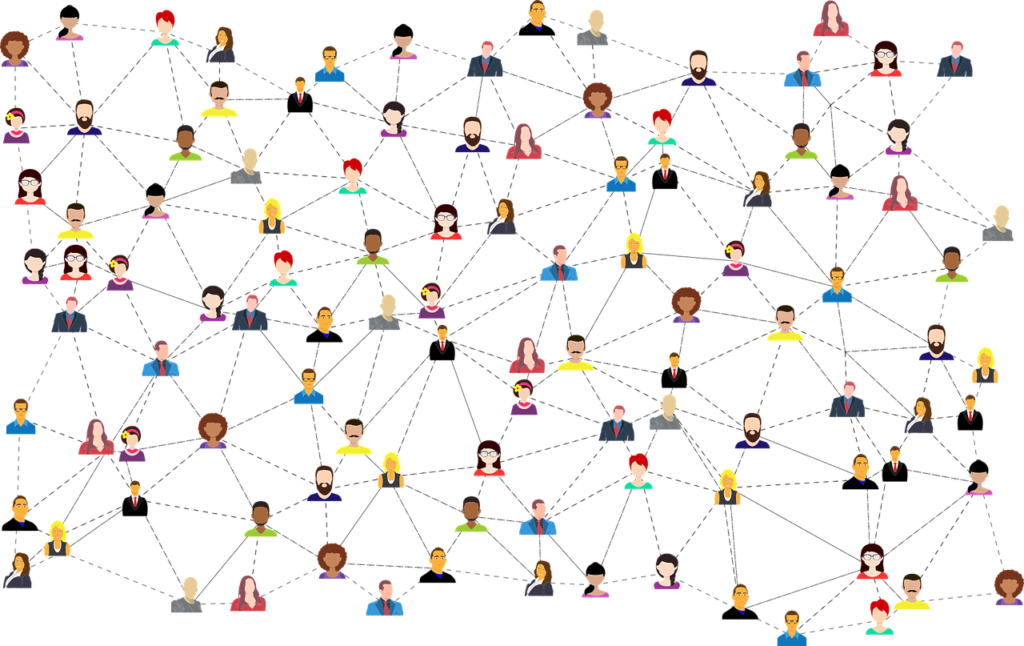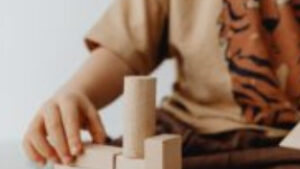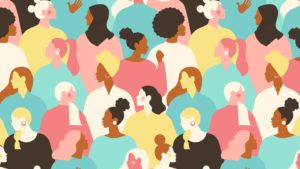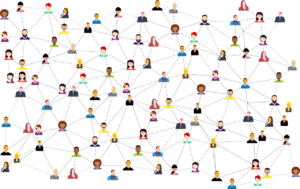About 0.1% people around the world are born with a lifelong chromosomal genetic disorder called Down syndrome. It is a condition where instead of the usual 23 pairs of chromosomes or “packets of DNA”, the affected person has an extra copy of the chromosome 21, resulting in physical and mental developmental delays and hindrances. Down syndrome is of three types – Trisomy 21, which constitutes up to 95% cases of all types of down syndrome; Mosaicism; and Translocation. While all of these have common signs and symptoms, child development issues can be more or less severe depending on the type. The cause, however, is not yet known as it occurs randomly and parents are usually genetically normal. There is no preventive or curative treatment for it to date.
The diagnosis can be made at two different stages. Prenatal diagnosis comprises of various screening and diagnostic tests throughout the pregnancy, as part of regular checkups. At the time of birth, some physical traits may distinguish a baby born with Down syndrome from other babies. This diagnosis can then be confirmed via clinical tests.
Many symptoms of Down syndrome are visible at the time of birth such as flat facial features, upward slanted eyes, short neck, and an overall poor muscle tone. People with Down syndrome may also have physical problems as they grow up such as poor eyesight, cataract, hearing loss, and heart problems, as well as the risk of developing dementia and Alzheimer’s later in life. Mental developmental delays may also cause poor judgement, impulsive behaviors, delayed speech, attention problems, and a delay in cognitive skills. Life spans used to be shorter until a few decades ago but with the advancement of medical science and technology, and increased awareness, most people affected by Down syndrome can now lead long, healthy, fulfilling and productive lives, even when some cannot become completely self-sufficient throughout their life.
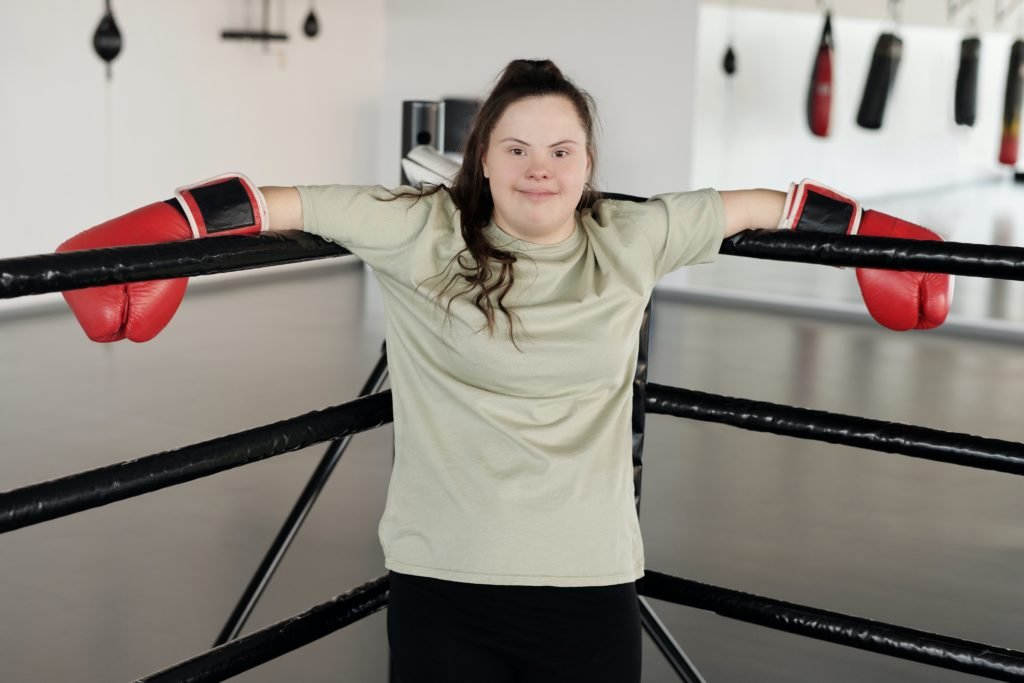
However, people affected by Down syndrome can go through psychological issues such as depression, social withdrawal, and anxiety disorders due to their physical and intellectual disabilities. Therefore, it is not only necessary to ensure good quality care with regard to their physical health and development, but vigilance is required in terms of their mental well-being as well. To help them enjoy life to the fullest, they should be included in as many activities related to their age group as possible. For example, regular schooling and school life are an important part of the lives of children with Down syndrome and should be encouraged instead of or in addition to special needs classes. The more aware families and friends will be, the easier it would become for the person to experience an inclusive and understanding society around them.
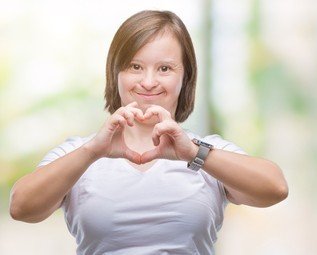
In order to raise awareness about Down syndrome, World Down Syndrome Day (WDSD) has been observed annually on 21 March by the United Nations since 2012. Various organisations and medical professionals all over the world have come together to facilitate close to normal living for people with Down syndrome. In Pakistan, organisations such as Karachi Down Syndrome Program, Down Syndrome Club Pakistan, and Pakistan Down Syndrome Association have taken measures such as flexible education with easy access, health care facilitation, counseling of parents and families etc to enable a lifestyle as close to normal as possible for people with Down syndrome and their families.
While Down syndrome was described by Dr. John Langdon Down in the 19th century, the name Down syndrome did not become standardized until the later half of the 20th century. This goes to show how little we understand this disorder to date and how much work still needs to be done in order to raise social acceptance and to promote more medical research. We can all do our part on the WDSD and at least spread some awareness among our families, friends and colleagues in the hopes that people suffering from Down syndrome will be able to lead even better lives in coming years.


